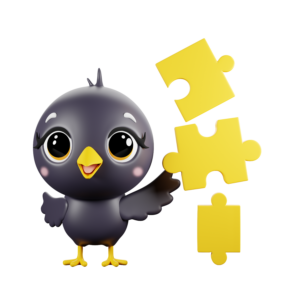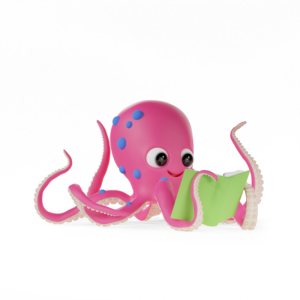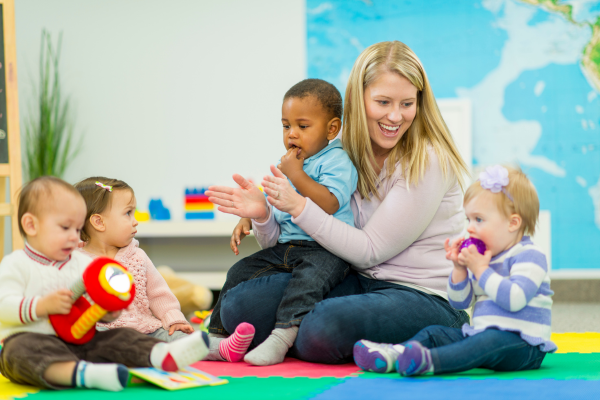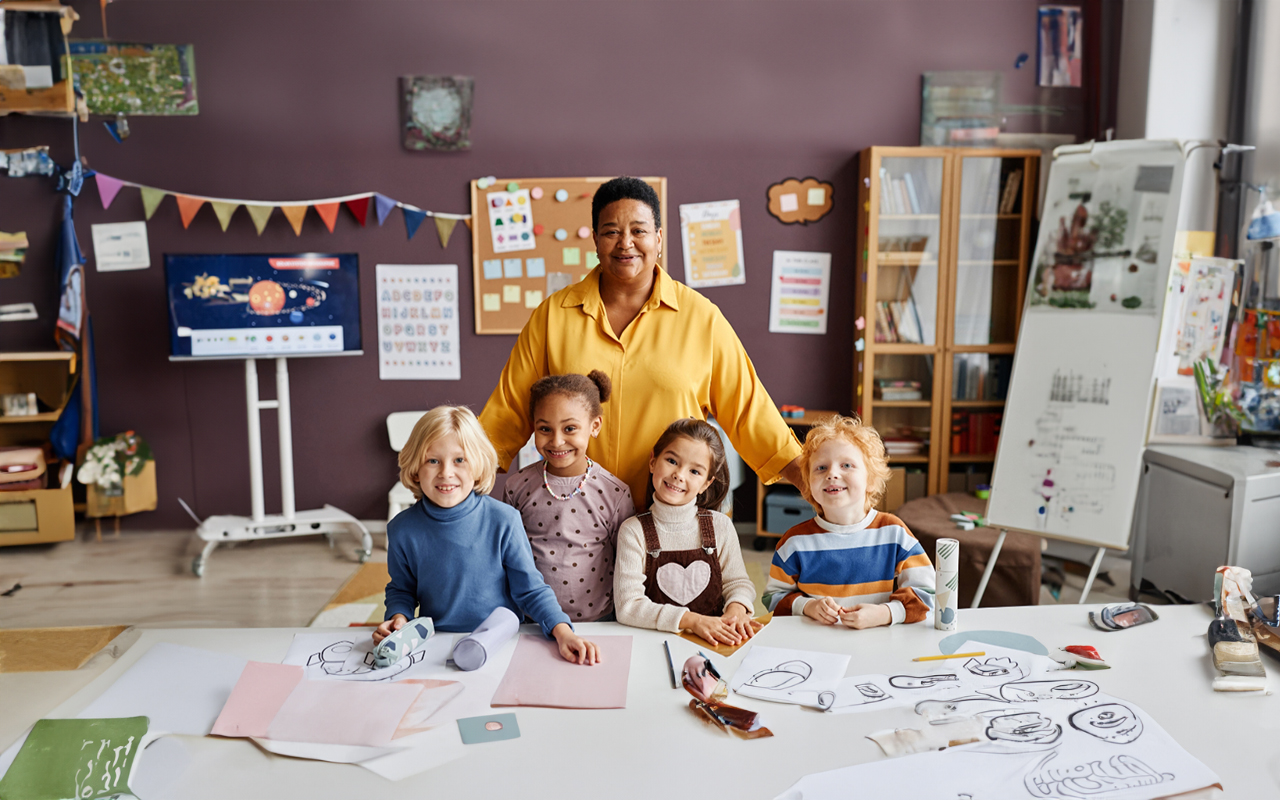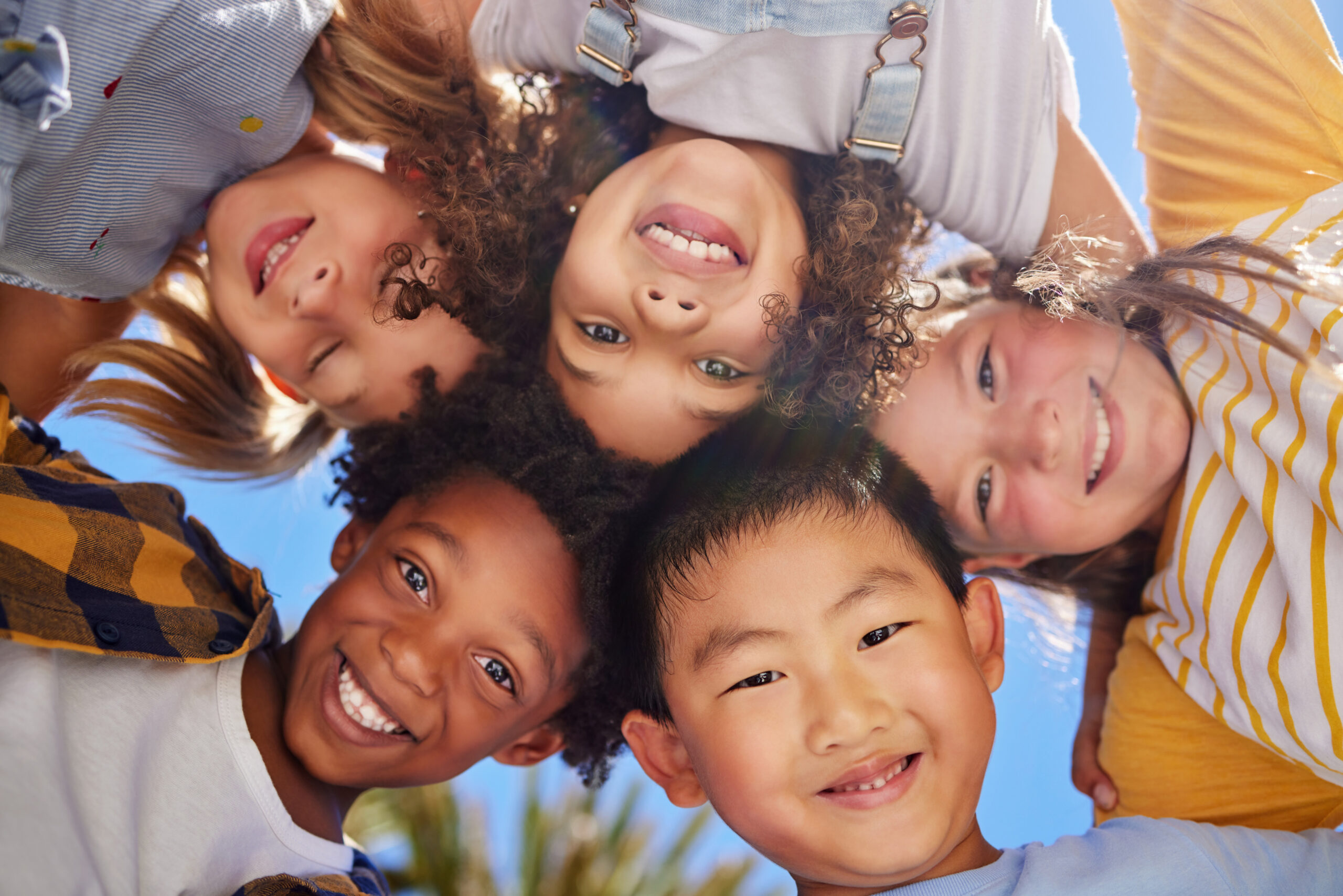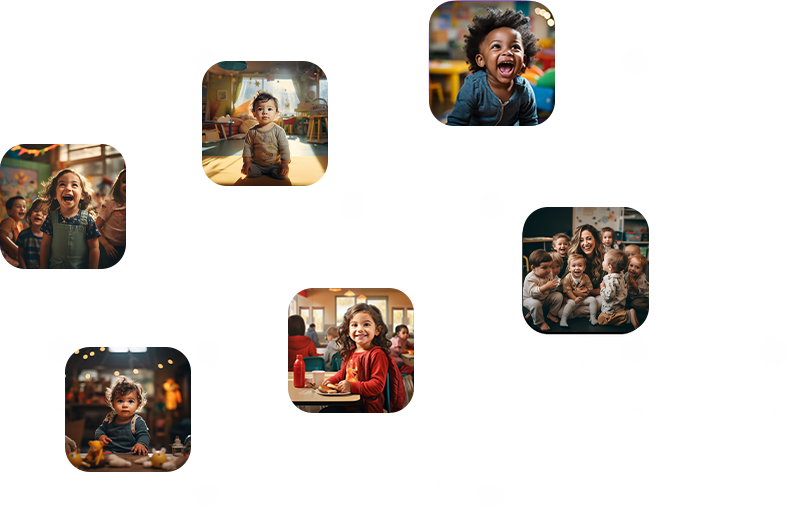Table of Contents
ToggleEarly Childhood Development: Nurturing the First 1000 Days
The initial 1000 days of a child’s life, spanning ages 1-3, constitute a critical phase in their overall development. This period, characterized by rapid brain development, establishes the cornerstone for future growth. Every spoken word and action during this time holds significance, necessitating intentional and thoughtful interaction. In these formative years, a child’s brain exhibits optimal flexibility, facilitating accelerated learning. As the brain refines its circuitry, early exposure to cognitive, social, speech, and motor skill development becomes paramount.
Cognitive Development: Unraveling Piaget’s Stages
Renowned psychologist Jean Piaget’s Theory of Cognitive Development outlines the four stages of learning traversed by children. Cognitive development encompasses problem-solving, exploration, memorization, and more. The Sensorimotor stage (birth-2 years) dominates the early years, marked by sensory experiences and object manipulation. As children progress to preschool age, the Preoperational stage (2-7 years) unfolds, fostering language development and associations.

Social and Emotional Development: Cultivating Morals and Empathy
During the formative years, children absorb essential lessons about sharing, apologizing, and forgiveness, shaping the foundation for their own evolving moral compass. This period not only introduces youngsters to social interactions but also marks the beginning of their journey toward expressing emotions and developing empathy. From birth to age 4, children experience significant strides in social and emotional development, with each child progressing uniquely, though many follow a similar trajectory, especially in collaborative classroom settings.
In Florida, social and emotional learning encompasses four core components: emotional functioning, managing emotions, building and maintaining relationships with adults and peers, and finding a sense of identity and belonging. While these components initiate at birth, they gain complexity as the child matures. For instance, in infancy, children communicate through sounds, facial expressions, and gestures to interact with caregivers and convey emotions. By the age of four, these skills continue to evolve, enabling children to articulate their feelings verbally and even identify complex emotions in stories, photographs, or facial expressions.
Observation emerges as a pivotal factor in early childhood learning. Children keenly observe and absorb behaviors demonstrated by those around them. As a caregiver or educator, leading by example—whether through sharing, expressing gratitude, or helping others—creates a positive influence, demonstrating the desired behavior for young learners.
In essence, the social and emotional development of young children is a dynamic process, influenced by both individual growth and external influences. By fostering positive behaviors and providing a supportive environment, caregivers and educators contribute significantly to the holistic development of each child during this critical phase.

Speech and Language Development: From Cries to Complex Communication
Communication initiation in children commences early. Newborns learn that a cry elicits food, comfort, and companionship. As infants recognize familiar voices and sounds, language development begins. By age 3-4, children’s language blossoms, transitioning from sounds and gestures to articulate verbal expressions. Pronunciation errors may persist, but children can effectively convey ideas and expand their vocabulary.
Fact: Babies can distinguish between languages even before they can speak. Research suggests that infants as young as six months can differentiate between languages they have been exposed to, laying the foundation for language development.

Motor Skill Development: Fine-Tuning Physical Abilities
Motor skill development involves refining physical abilities, categorized into fine and gross motor skills. Fine motor skills, activated by small muscle groups, emerge in activities like writing or picking up toys. Gross motor skills involve larger muscle groups, showcasing physical feats such as rolling over or throwing a ball. From a baby’s initial movements to a 3 or 4-year-old’s complex activities like jumping or balancing, motor skills evolve significantly.
Resource: Fine and Gross Motor Skills in Early Childhood
This resource delves into the significance of fine and gross motor skill development in early childhood, highlighting their role in overall physical and cognitive growth.

Shaping Futures Through Early Childhood Development
Early childhood, spanning birth to around 8 years old, witnesses rapid brain development, with every interaction shaping a child’s future. Knowledge absorption, influenced by the environment, interactions, and relationships, defines this critical period. Well-cared-for children develop cognitive, social, emotional, speech, and motor skills, setting the stage for future academic and personal success.
Perfect Day Live: Enhancing Early Childhood Connection
In this vital growth period, Perfect Day Live emerges as a transformative force in the Early Childcare Industry. Our all-in-one platform offers secure, real-time, LIVE HD video monitoring and a social media-style activity feed. Parents and childcare professionals can stay connected, ensuring they don’t miss significant moments and milestones in a child’s life. Learn more about Perfect Day Live here.
Perfect Day Live not only provides a technological solution but also stands as a testament to the positive impact of staying connected with children during their early development years.
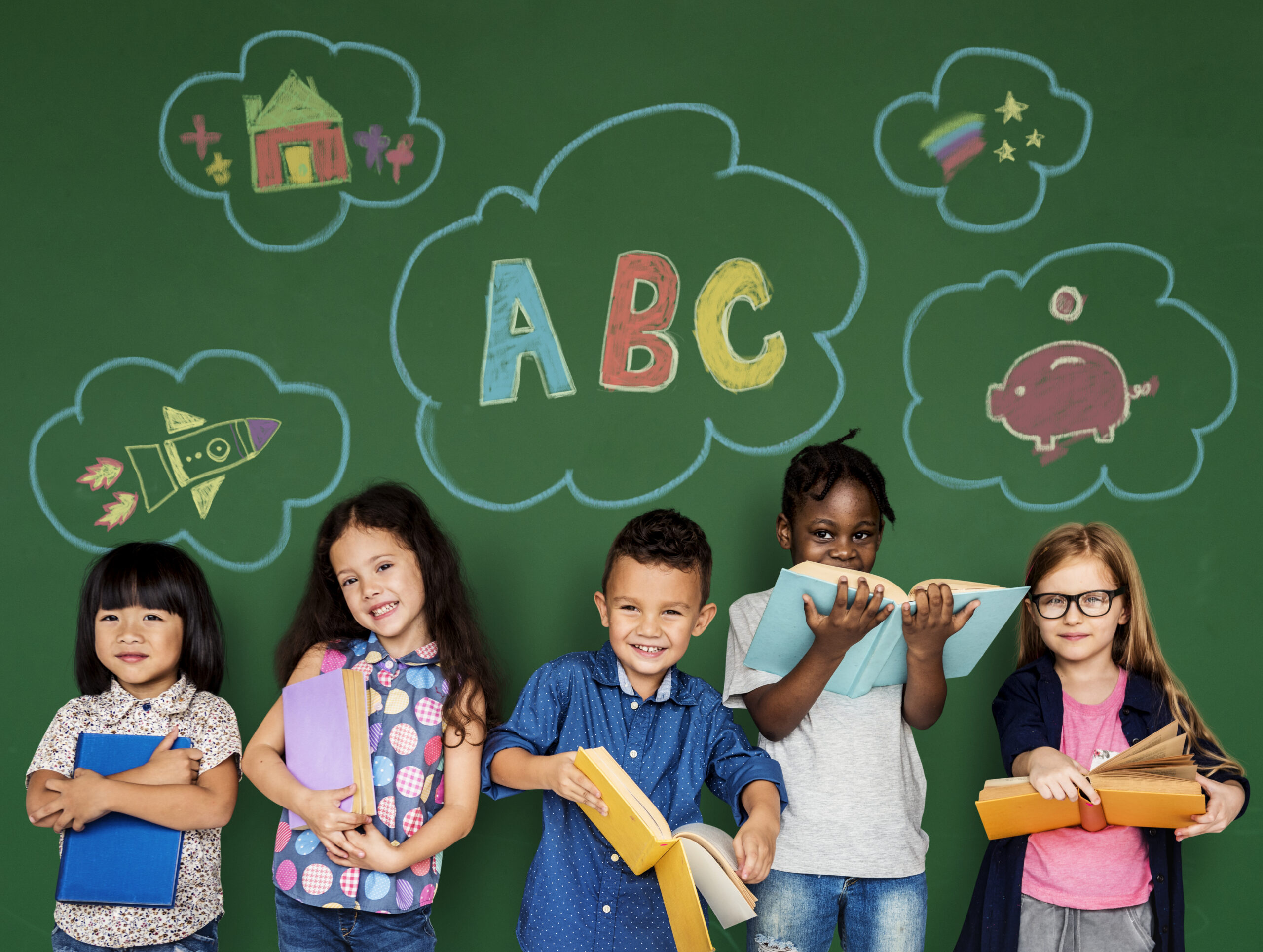
Early childhood is a period of unparalleled growth and development, demanding special attention. As caretakers, educators, and childcare professionals, let us embrace the responsibility to promote safety, belonging, and security in the lives of our children. After all, Perfect Day is a connection as close as being there™.
Learn more about Perfect Day Live and join us in fostering the growth and well-being of the next generation.

